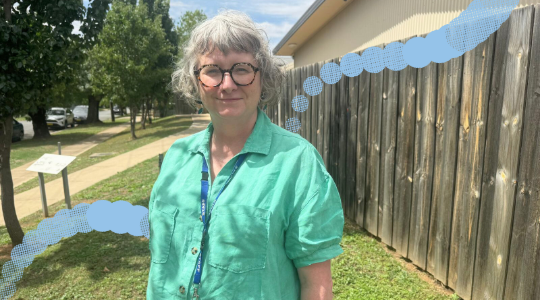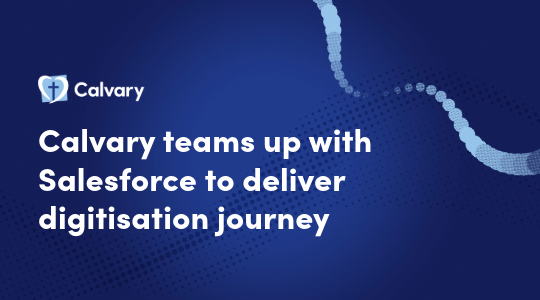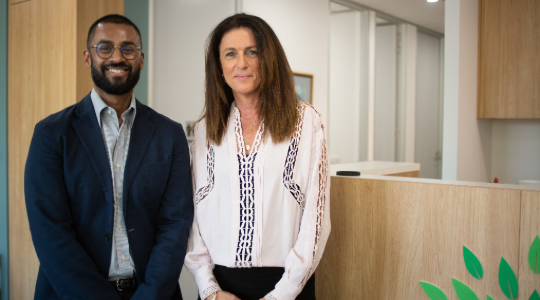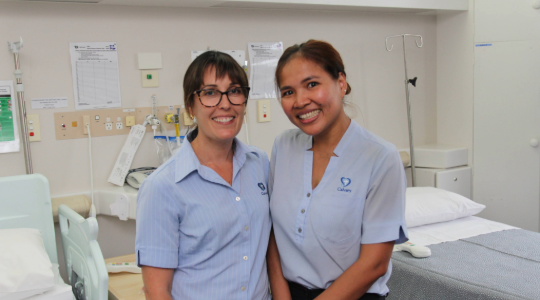Learning all over the world
12th October 2020
This month, as part of our celebration of the International Year of the Nurse and Midwife, we meet Sarah Moberley, Senior Research Fellow, Department of Palliative Care.
What led you to this area of nursing?
I packed myself, my text books and naive enthusiasm off to Uganda within a year of finishing my undergraduate degree in nursing. I quickly realised that if I wanted to continue that type of work that there was much I needed to learn.
I then completed studies in Tropical Medicine and Public Health which was a fabulous learning experience. I continued to work between public health in Australia and international emergency relief projects for over ten years.
I decided to become a researcher having become frustrated at putting bandaids on issues that I was not able to influence the root cause of. I had learnt the power and impact that good data could have and wanted to do work to effect policy and hopefully make a difference for the most vulnerable in our communities. I completed my PhD in pneumococcal disease in Indigenous Australians and have now found myself in palliative care.
What led you toward nursing as a career?
I am fortunate to have grown up in Australia with a loving family. I felt a responsibility to try to work to address inequity and improve health outcomes for those who were less privileged. Nursing was my entrance to humanitarian emergency relief work and ultimately forged a path to where I am now.
What does a ‘normal’ work day look like?
Being a researcher in a clinical space and working with a fabulous team such as the one here in the Department of Palliative Care is a real pleasure. My average day sees me working with clinicians to develop research proposals and undertake research to identify and address the needs of our patients and the community.
What do you love most about what you do?
Measuring needs and establishing frameworks to monitor how well a service is addressing needs can be a powerful thing.
What words of wisdom would you bestow on anyone wishing to do research?
Anyone can do research, you do not need a PhD. I would say to clinicians to think about areas of their practice that might not be working well and possible ways to improve and measure that improvement over time. Find a mentor!





